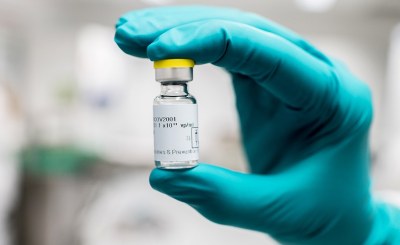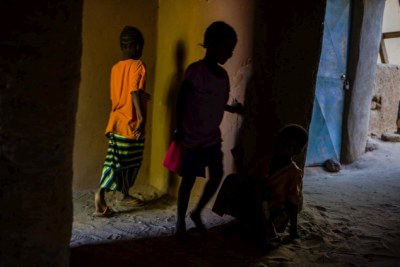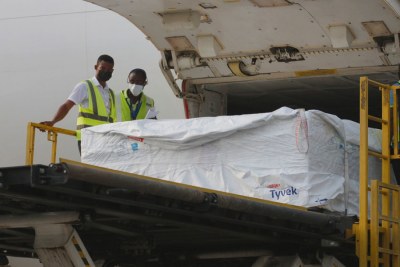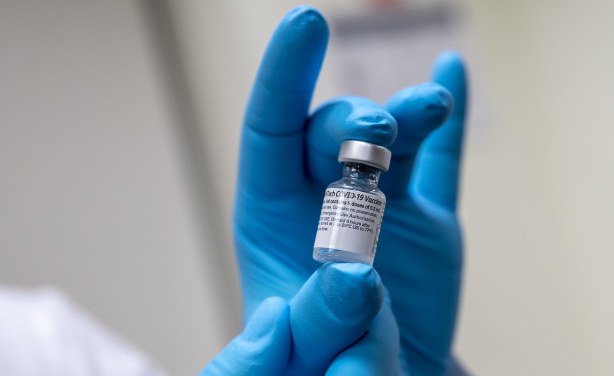-
Ghana: Survey Shows Rise in Vaccine Hesitancy in Ghana
The Conversation Africa, 21 July 2021
The COVID-19 pandemic continues apace, with high- and lower-income settings struggling to contain outbreaks. The vaccine rollout is relatively speedy in some countries such as the… Read more »
-
Africa: Vaccine Deserts -The Nations Trailing in the Fight Against Covid-19
Thomson Reuters Foundation, 21 July 2021
While a few nations are in no hurry to start vaccinations, many poor countries are struggling to make progress due to a shortage of vaccine supplies Read more »
Vaccine Hesitancy in Ghana - What Is It and Who Has It?
West Africa has handled the pandemic response relatively well thus far, with lessons learned from the 2014/15 Ebola outbreak. However, with the highly transmissible Delta variant now known to be present in Ghana, the vaccine rollout is arguably more important than ever. The Ghanaian population has very little immunity to the novel coronavirus and is thus almost entirely susceptible to infection. It is essential that people accept vaccines when doses arrive in the country, writes Ken Brackstone, Laud Boateng, and Michael Head for The Conversation.
Research led by the University of Southampton into the uptake of the Covid-19 vaccine in Ghana, has concluded that vaccine hesitancy has seen a small, but significant increase over the last three months. Just under a third of all those who took part in the survey reported that they had seen or heard stories about the indecision surrounding the rollout of the Oxford/AstraZeneca vaccine in Europe and North America, with many admitting this made them concerned about accepting a Covid-19 vaccine in the future. The survey also found that education, religion and political alignment play a part in influencing vaccination acceptance. Interestingly, it revealed that people educated to university level, are more likely to show vaccine hesitancy than those who aren't.
According to the World Health Organization, vaccine hesitancy refers to a delay in acceptance or refusal of vaccination despite the availability of vaccination services. Vaccine hesitancy is complex and context-specific, varying across time, place, and vaccines. It is influenced by factors such as complacency, convenience, and confidence.
InFocus
-
The unprecedented economic impact of the Covid-19 pandemic, together with global school closures and inadequate government assistance, is pushing children into exploitative and ... Read more »
-
Ghana has become the world's first country to receive vaccines through the COVAX initiative with a delivery of 600,000 doses of the Oxford-AstraZeneca jab. The shipment, which ... Read more »






